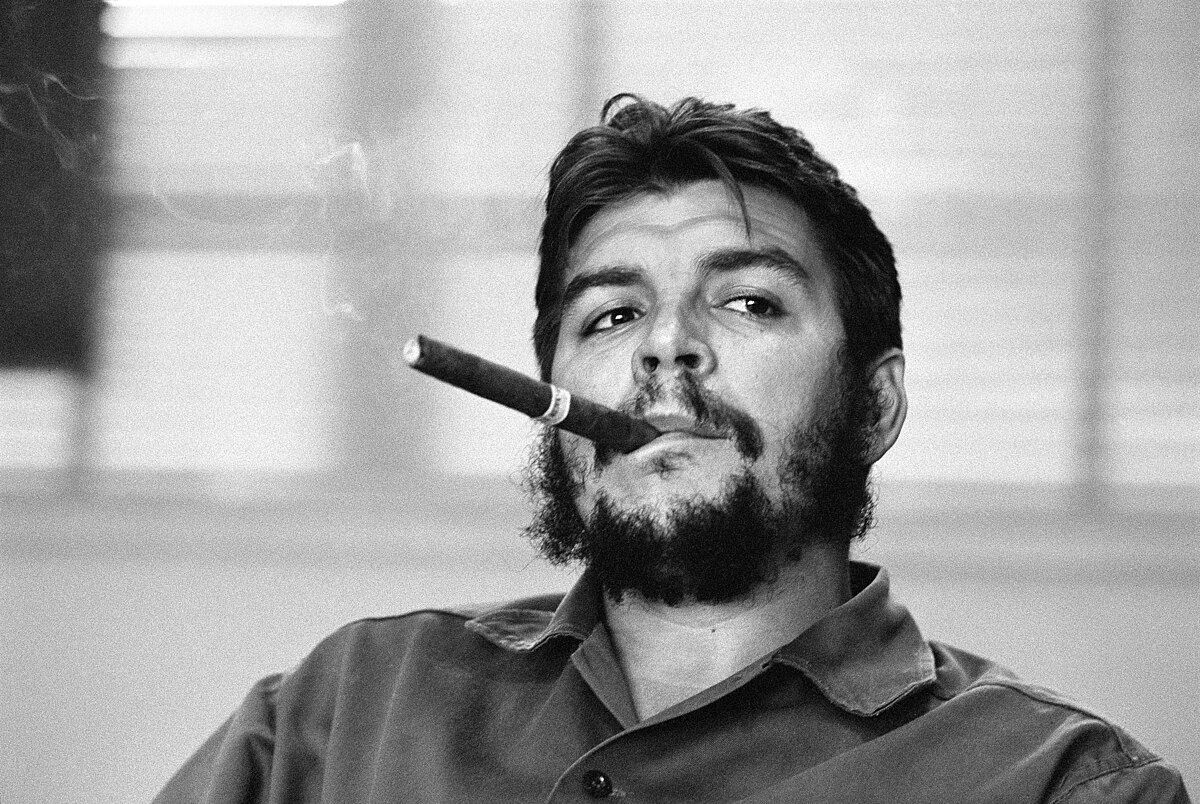- Joined
- Aug 4, 2019
- Messages
- 13,042
- Reaction score
- 8,463
- Location
- 'Murica
- Gender
- Undisclosed
- Political Leaning
- Independent
"I know you've come to kill me. Shoot, coward! You are only going to kill a man!" Terán hesitated, then pointed his self-loading M2 carbine[238] at Guevara and opened fire, hitting him in the arms and legs.[239] Then, as Guevara writhed on the ground, apparently biting one of his wrists to avoid crying out, Terán fired another burst, fatally wounding him in the chest. Guevara was pronounced dead at 1:10 pm local time according to Rodríguez.[239] In all, Guevara was shot nine times by Terán. This included five times in his legs, once in the right shoulder and arm, and once in the chest and throat.[233]

 en.wikipedia.org
en.wikipedia.org
Lot's of propaganda in the Wikipedia article. Looks like the Cubans have gone over it.
.

Che Guevara - Wikipedia
Lot's of propaganda in the Wikipedia article. Looks like the Cubans have gone over it.
.



